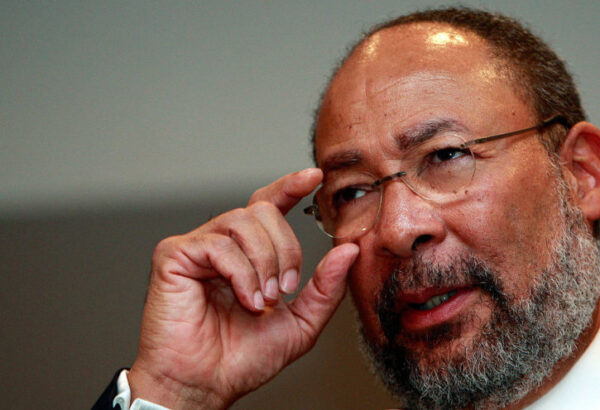Richard Parsons, a towering figure in corporate America and the former CEO of Time Warner, passed away on December 26, 2024, at the age of 76.
Parsons succumbed to complications from multiple myeloma, a rare blood cancer he had battled for nearly a decade. His death marks the end of a remarkable journey of leadership, resilience, and influence.
Parsons took the helm of Time Warner in 2002 during a turbulent period following the company’s merger with AOL. The merger, once hailed as a transformative deal, had become a symbol of corporate missteps in the digital era. Under Parsons’ leadership, Time Warner began to recover its footing. He streamlined the conglomerate’s operations, reduced debt, and restored investor confidence, ensuring that Time Warner remained a dominant force in the entertainment industry.
Known for his calm demeanor and strategic acumen, Parsons guided the company through a critical phase of transformation.
He navigated the complexities of integrating AOL into the broader Time Warner ecosystem and played a key role in refocusing the company on its core media and entertainment assets. His leadership was instrumental in bolstering brands such as Warner Bros., HBO, and CNN, solidifying their places as industry leaders.
Beyond his tenure at Time Warner, Parsons made significant contributions to the financial sector as chairman of Citigroup during the global financial crisis in 2009. His steady hand and crisis management skills were pivotal in stabilizing the bank and steering it toward profitability.
Richard Parsons’ influence extended beyond the boardroom. A passionate supporter of the arts and education, he co-owned the iconic New York jazz club, The Blue Note, and served on the boards of numerous cultural and philanthropic institutions, including the Smithsonian National Museum of African American History and Culture.
Parsons’ legacy is one of mentorship and breaking barriers. As one of the few Black CEOs to lead a Fortune 500 company, he inspired a new generation of leaders. His ability to forge consensus and navigate complex challenges made him a trusted advisor to presidents and industry leaders alike.
Richard Parsons is survived by his wife, Laura, and their family. His contributions to corporate America and his advocacy for cultural and social progress will be remembered as hallmarks of a life well-lived. Memorial services are expected to draw figures from across the worlds of business, politics, and culture, reflecting the breadth of his impact.
A Legacy of Resilience and Vision
Parsons’ tenure at Time Warner remains a case study in corporate leadership. By prioritizing stability and growth, he reshaped the narrative of one of the most controversial mergers in history. His ability to inspire trust and deliver results ensured that his impact would endure long after his departure from the company.
In the words of one of his peers, “Richard Parsons was a bridge-builder, a crisis manager, and a visionary leader. He made those around him better, and his loss will be deeply felt by all who knew him.”
Also Read
Are You Eligible for an IRS Stimulus Check? Here’s How to Find Out
MoonPay Eyes $150 Million Acquisition of Helio Pay

